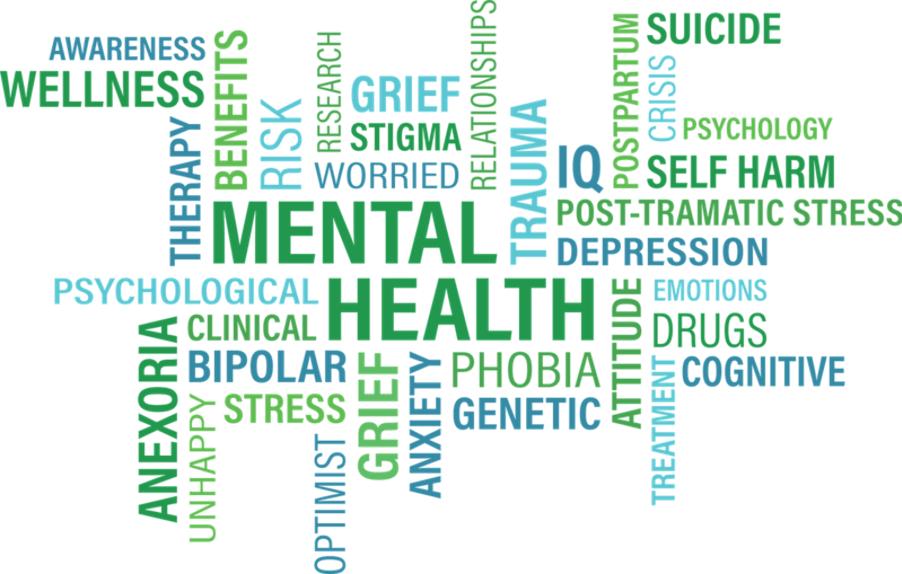
Academia | SG
Andy Hau Yan Ho, Associate Professor of Psychology at Nanyang Technological University and Joint Honorary Associate Professor at the Lee Kong Chian School of Medicine, considers the impact of social distancing on the psychological well-being and development of youths in Singapore.
One of the strongest measures put in place throughout the world to protect people and curb the spread of COVID-19 has been social distancing. While this has slowed the rate of infections, it has also disrupted social and work life routines. Basic physical closeness and intimacy with loved ones, peers and colleagues have been abruptly prohibited—or, in Singapore’s context, subjected to legal prosecution. Such sudden and profound disconnect in our interpersonal networks can greatly weaken the already destabilized psychological fabric of society.
Human beings create and define our sense of identity, purpose and meaning largely within our relationships and connections in communities. A progressive disintegration of these networks threatens our sense of normalcy, safety, belonging and personhood. This can result in damaging mental and emotional outcomes such as fear, anxiety, depression, and loneliness.
We can deduce that these measures would have a significant impact on our youth, above all population cohorts. Psychologist Erik Erikson’s seminal work on psychosocial development[1] notes that youth are at the stage of establishing essential bonding and intimacy with loved ones, peers and society in general. Those who complete this stage of development go on to create and maintain healthy and functional relationships with people, as well as responsible citizenry within their communities. Youth unable to do so often struggle with recurrent feelings of loneliness and isolating behaviors, potentially leading toward a life of stagnation and disconnection from society.
University and post-secondary students, including those from junior colleges, polytechnics, and Institutes of Technical Education, form a unique cohort within the youth population. The majority center their lives around peer relationships as well as academic and career-driven pursuits. Most university students also take up residency on campus. With the advent of social distancing measures, all schools have been forced to close quickly, moving most local students back to their homes within the communities, while international students without air tickets home are stuck in almost empty dormitories.
Such abrupt changes could result in a slew of major readjustment issues. The support network and communities that these students have built up previously in school are suddenly inaccessible; local students from dysfunctional homes find themselves forced from their safe havens on campus to return to their families in potential pressure-cooker environments; and international students are isolated even further within their small rooms, in barren campuses, with their families far away. This is only the tip of the iceberg: other pressing concerns include disruptions in academic life, uncertainties about examinations, graduation and internships, and diminishing career prospects with a looming recession.
Studies have repeatedly found that even in normal circumstances, university students are often at a higher risk than others for mental health issues such as loneliness, depression and suicide ideation.[2] COVID-19 brings another layer of difficulties. With this group on the brink of entering adulthood and the workforce, we must strengthen their psycho-socio-emotional wellness and preparedness for subsequent waves of the coronavirus and future virus outbreaks.

We need to identify those who cope well and those who need more support over time, and to pinpoint individual, relational and contextual factors that affect mental health. These include one’s sense of hope, resilience and self-esteem (individual factors); social support, strength of social networks and quality of family relationships (relational factors); as well as academic support, quality of life, sense of social responsibility and compassionate citizenry (contextual factors). Moreover, youths’ and students’ personal experiences and narratives about their needs, struggles and coping can help to develop a holistic understanding of how their lives have been affected. These investigations can inform the development of a coherent and evidence-based framework for psychological preparation and crisis response; one that can quickly identify high-risk youth and initiate timely supportive initiatives, and implement targeted resilience-based psychoeducation for all university and post-secondary students. Such a framework would further provide an invaluable tool for governments and higher education bodies to manage major public health crises at national and international levels.
While much effort has rightfully been invested in supporting seniors and healthcare workers, little has been done to understand and support youth. Young people are the future, and now is time to invest energy and resources into understanding their experiences, so as to protect and to strengthen their mental, psychological, social and emotional wellbeing in the midst of and in anticipation for current and future pandemics.
Notes
[1] E. Erikson, Identity: youth and crisis (Norton, 1968)
[2] A.H.Y. Ho, C.H.K. Chui and M. Borschel, “Understanding and managing youth and elderly suicide in Developed East Asia: The imperative of compassion in public health” in G. Cox and N. Thompson (eds.), Handbook of Traumatic Loss: A Guild to Theory and Practice, pp. 107-122 (Routledge, 2017)
For media: Are you interested in republishing this article? Please see our guidelines here.
Link nội dung: https://marketingalpha.vn/hau-covid-19-a55572.html